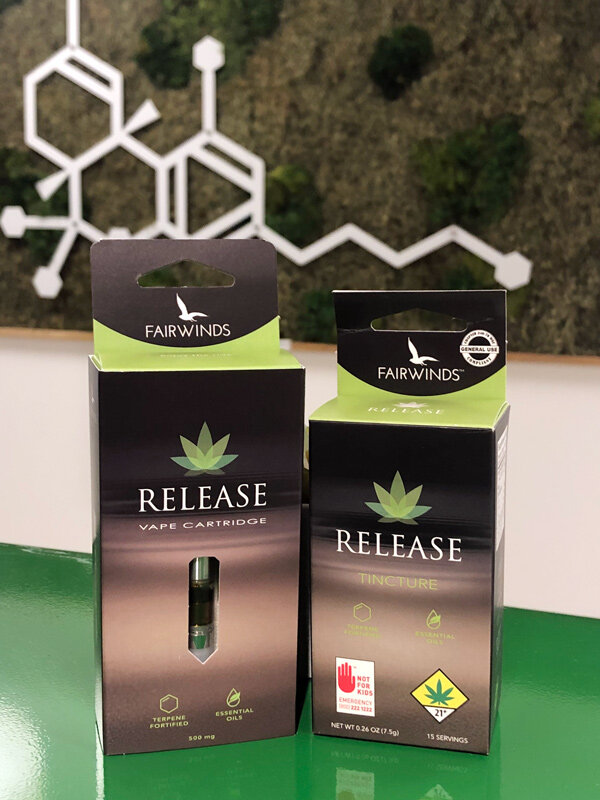Easing anxiety with cannabis while avoiding intoxication
The way that cannabis interacts with almost every system throughout our body makes it a great option for many when seeking relief from pain, to help with sleep, and especially when dealing elevated levels of anxiety. The biological system that cannabis interacts with is called the endocannabinoid system, and its job is to balance any over-stimulation or under-stimulation throughout the body.
The endocannabinoid system (ECS) is an essential regulator of bodily function in its many facets. There is hardly any physiological process that is not affected by it to some degree. It is surprising then to realize that the ECS was totally unknown prior to one generation ago. -Dr. Ethan Russo
The products highlighted below are great options for anyone dealing with increased levels of stress or anxiety. Products that should be strong enough to help calm and relax, without being so strong that they may cause intoxication.
5 of our favorite CBD Cannabis Products that may help ease anxiety
Fairwinds Release Vape & Tincture
A unique blend of CBD, THCA and a micro-serving of THC supports a clear mind with the highest daily functionality. Powerful cannabis terpenes, proven essential oils, herbal extracts focus and balance the affect, providing support cannabis simply can’t provide alone.
Spot 3:1 Levity Blend Chocolates
Available in Milk or Dark Chocolate varieties. As Spot puts it, “Think of each square of chocolate as a glass of wine. This unique combination of hybrid variety cannabis and CBD will allow you to float right along.” Each square may provide a 2-3 hours of relief. New to cannabis? Start with a smaller piece and gauge your effects. We always recommend to start low and go slow.
Canis Soothing Salts
A warm, soothing bath goes a long way at the end of a stressful day. Canis Soothing Salts is a non-intoxicating formula based on historic pain relief recipes. These therapeutic salts are infused with a cannabis herbal blend which adds, anti-inflammatory, anti-fungal properties for temporary relief from all sorts of discomfort. Add a half a cup to hot, running bath water.
Plantworks Orange Julia CBD Flower
An energizing yet relaxing CBD hybrid, Orange Julia has flavors of burnt sugar and earthy citrus. The Seattle growers describes this strain as “outstanding pain relief, and calming too! A feeling of peace during trying times.” With very low THC content, this is a great introduction to flower for cannabis newbies.
Heylo Harlequin Vape
Heylo describes this 2:1 CBD to THC strain as being ideal for yoga, relief time and winding down. Containing the terpenes Myrcene, Bisabolol and a-Maaliene, Harlequin can also be found in flower form if you prefer smoking your cannabis.














